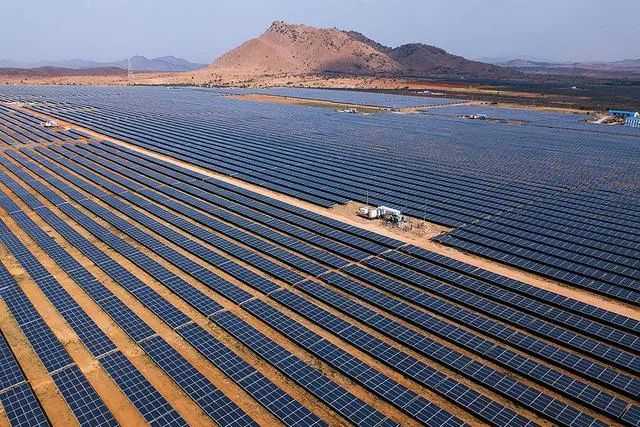Portugal often sparks debates about its economic status, yet it stands as a nation with a well - developed economy and a thriving tourism sector. Positioned as the 49th largest economy globally, it has carved out a unique niche in the international economic landscape, combining solid economic fundamentals with a vibrant industry that attracts millions of visitors annually.
Portugal often sparks debates about its economic status, yet it stands as a nation with a well - developed economy and a thriving tourism sector. Positioned as the 49th largest economy globally, it has carved out a unique niche in the international economic landscape, combining solid economic fundamentals with a vibrant industry that attracts millions of visitors annually.

Source: Images from the Internet, if there is any infringement, please contact the removal of
According to the IMF, Portugal's GDP reached $239.4 billion in 2019, equivalent to approximately 1.56 trillion yuan—matching the economic output of Hangzhou, a major economic hub in China. This figure reflects the country's diverse economic activities, ranging from manufacturing and services to a burgeoning tech startup scene. Meanwhile, its per capita GDP of $23,418 (around 153,000 yuan) showcases a relatively high standard of living, indicating that the nation has made significant strides in economic development.
One of Portugal's most notable strengths lies in its world - class tourism industry. With its stunning coastline, historic cities like Lisbon and Porto, and rich cultural heritage, the country has become a top destination for travelers worldwide. The tourism sector not only boosts the economy through revenue from accommodation, dining, and attractions but also creates numerous job opportunities. As Portugal continues to invest in infrastructure and promote its unique offerings, it further solidifies its reputation as both an economically stable nation and a premier tourist destination.






